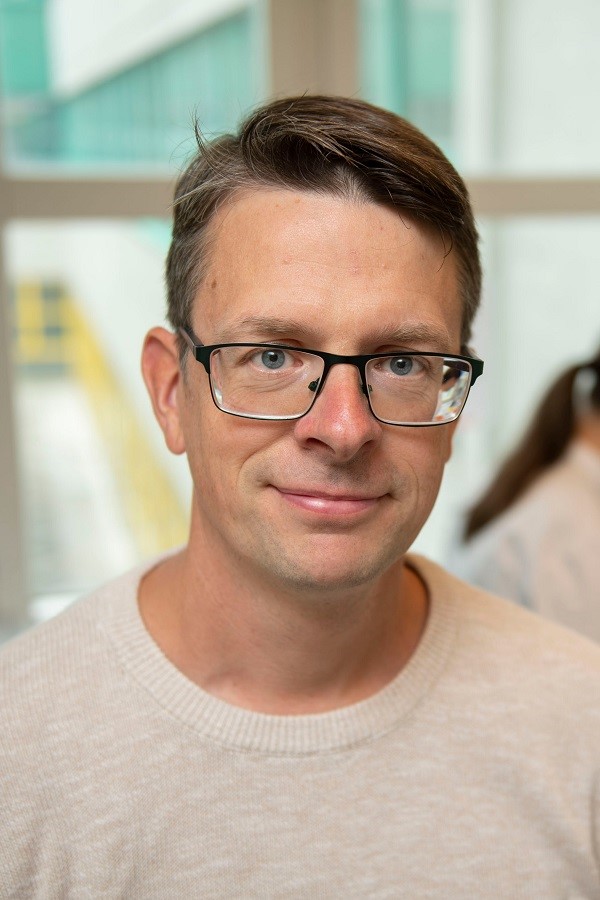Fredrik Lanner leads the research group “Pluripotency, Embryonic Stem Cells and Regenerative Medicine” at the Swedish Karolinska Institute. He seeks to understand how stem cells are regulated and how stem cells can be used in reparative medicine.

Professor Frederik Lanner
Fredrik Lanner has been working in the stem cell field in Sweden and in Canada trying to uncover the fundamental principles how different cell types develop and how totipotency and pluripotency is established in the early human embryo. His work is published in the best scientific journals such as “Nature Cell Biology” and “Cell”. Increasing this fundamental knowledge is of importance to stir stem cells to develop into beta cells for the treatment of Diabetes or into retinal cells for the treatment of age-related macula degeneration. Indeed, his group has successfully generated a human embryonic stem cell line of clinical quality. Together with collaborators from St. Erik Eye Hospital and Novo Nordisk A/S he has manufactured retinal cells from embryonic stem cells for a planned clinical trial to treat age-related macular degeneration. This is a completely new cell therapy for a currently incurable eye disease.
Further information: https://ki.se/en/research/fredrik-lanner
Manufacturing clinical grad embryonic stem cells and stem cell derived therapeutical cell products.
Human embryonic stem cells have the potential to generate any cell type of the human body and offer tremendous potential for cell replacement therapy for many diseases including cancer, Parkinson, cardiac failure, diabetes, and blindness. To realize this potential, human embryonic stem cells must be established under clinically appropriate standard and quality. These pluripotent stem cells must then be appropriately matured to the therapeutic cell type in question and exhibit the function to be replace in the patient. This manufacturing process must also uphold the highest quality and safety standards ensuring that the cell product is free of pathogens, tumorigenic mutations, and harmful off-target cell-types. Specifically, undifferentiated embryonic stem cells, have the potential to for uncontrollable cell growth resulting in teratomas and must be avoided in the final cell product. When all this is in place, the cells must be efficiently transplanted and properly integrated into the specific organ or niche without rejection by the patient’s immune system. During the last ten years my lab has worked to address these challenges and establish human embryonic stem cells of clinical quality and generated retinal pigment epithelial cells for treatment of Age-related macular degeneration and glucose responsive islets for treatment of diabetes. In this talk I will highlight the challenges and potential of embryonic stem cell-based therapies.